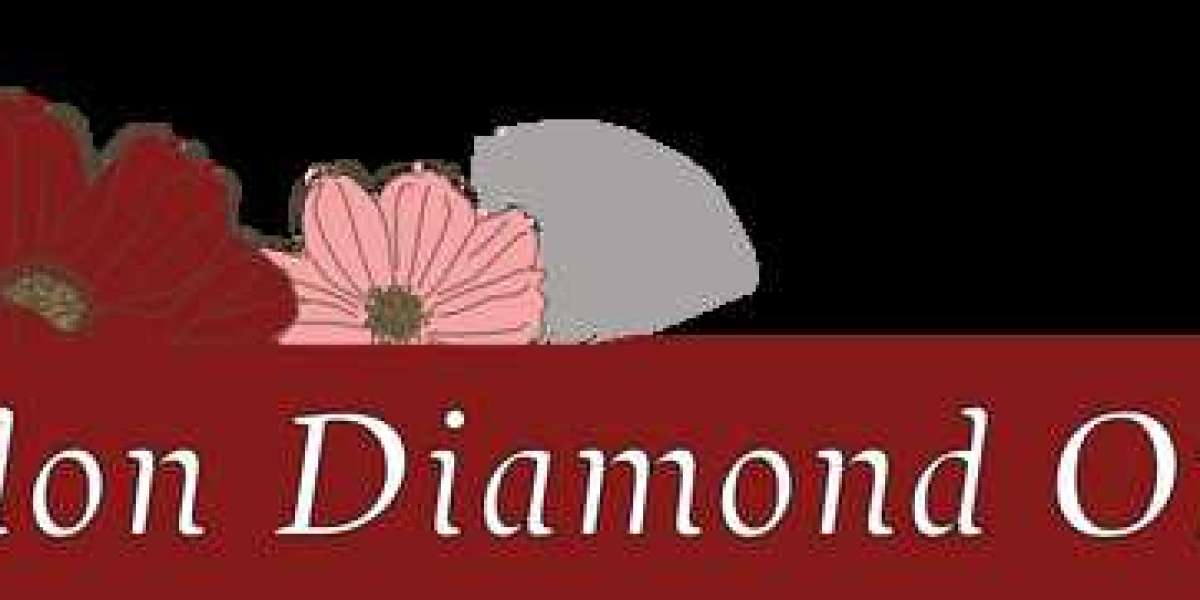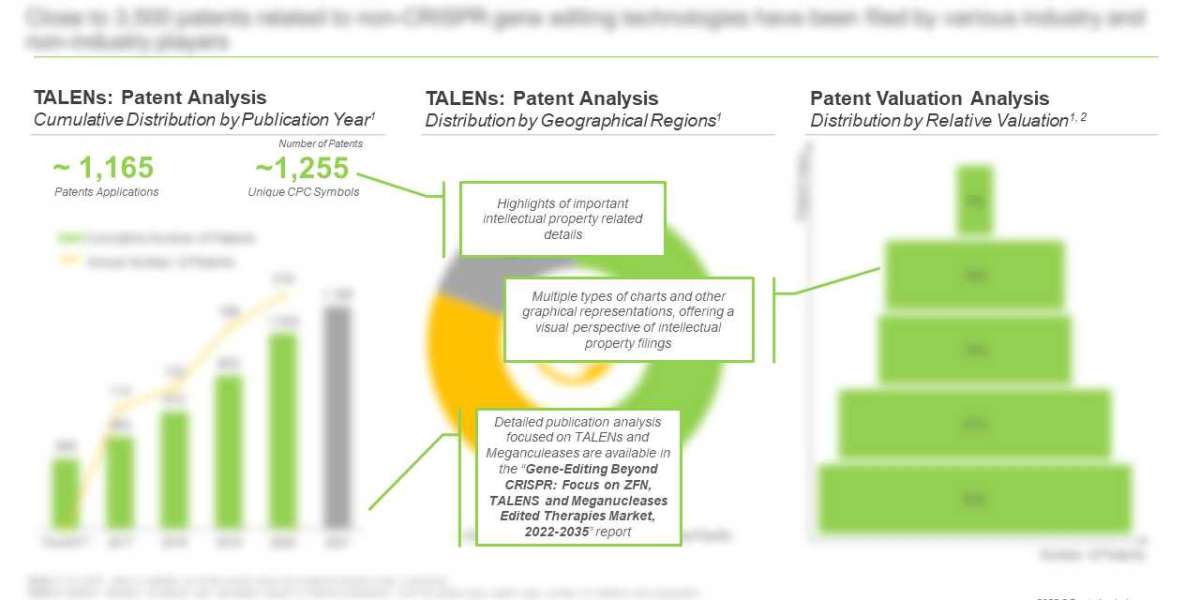A map is not functional until you know where you are on it. Consultants that objectively view their current reality always find a way to reduce confusion and misalignment. Agreement with yourself and your clients about what is true right now---in your company, in your project, in your life---is critical for making clear headway.
Get a Grip
There's an old saying: "what you resist, you're stuck with." I've noticed this is particularly true with creative consultants and their work. If you're not clear what your current job really is and you've skipped doing a complete and thorough inventory, you're going to have a hard time making things happen for your client.
"Real generosity toward the future
consists in giving all
to what is presen".
- Albert Camus
What is your job, right now! What is the main priority today? It is seldom as obvious as you might think. You can best answer that one question by answering these six:
1) What are your current tasks? These may be physical actions you need to take right now about your commitments and responsibilities: phone calls, e-mails, converstations, errands, brainstorming ideas, and so on. Typically a busy consultant can have as much as one or two hundred of these to do.
2) What are your current projects? These are the outcomes you have agreed with yourself to achieve, remeber you are an independent professional and must keep your word to yourself. There's no one setting your agenda, in fact you are being paid to set it. Now, which of these outcomes requires more than one action to complete. Most consultants have between thirty and one hundred of these.
3) What, exactly, are your current areas of responsibility? Most consultants have ten or fifteen, like staff development, asset management, planning oversight, customer service, etc. But you're NOT running, nor are you responsible for the WHOLE company. Leave that to the owner or CEO.
4) How are your consulting responsibilities and your personal affairs going to be changing over the next year? I've found that the truly effective, high dollar consultants I've known and worked with, have taken the time to mesh their work with their lives. You are a one person conglomerate, but also, a living-breathing human being that has 'outside' considerations for a well-rounded life. If you don't consider consulting an extentsion of a real life, a flesh and blood existence, but rather, something altogether seperate, placed in a box called: 'consulting work', then you'll fail most of the time and be very unhappy nearly all of the time.
5) How is this life I lead going to change over the next five years. This is the big picture question, the vision of how things should be, not necessarily how they will be, into the near future. Why is this important? Because, in the quest for the answer to our question above, namely, what is your job right now, we can get a nearly crystal clear answer when we extend our vision into a larger field. By this I mean, you can see if your current job selection is aiding you in your long-term visionary goal.
"It takes about ten years
to get used
to how old you are".
-- Unknown
If you ocmplete a thorough inventory of the ocmmitments, issues, and projects that currently exist in your ocnsultancy and life on earth, espeically in these six areas, you will have a good definition of your work. This isn't easy stuff, I know. I've spent over fifteen hours just identifying my work on two mundane levels: current actions and projects. But wihtout doing these things I don't feel prepared, nor am I prepared to have conversation with my clients.
It's all very useful work, however, should I need to re-calibrate my job description or deal with needed changes along the way. So many people have just a vague desription or 'feeling' about what they want to do or be in the future. But without a reality based reference point of where they are, right now, they are like the Flying Dutchman, doomed to drift.
So, know where you are on the map, so you can determine if you need to turn right or left.
"Discipline does not mean suppression
and control, nor is it adjustment
to a pattern or ideology. It
maeans the mind sees
"what is" and learns from
"what is".
-- J. Krishnamurti








